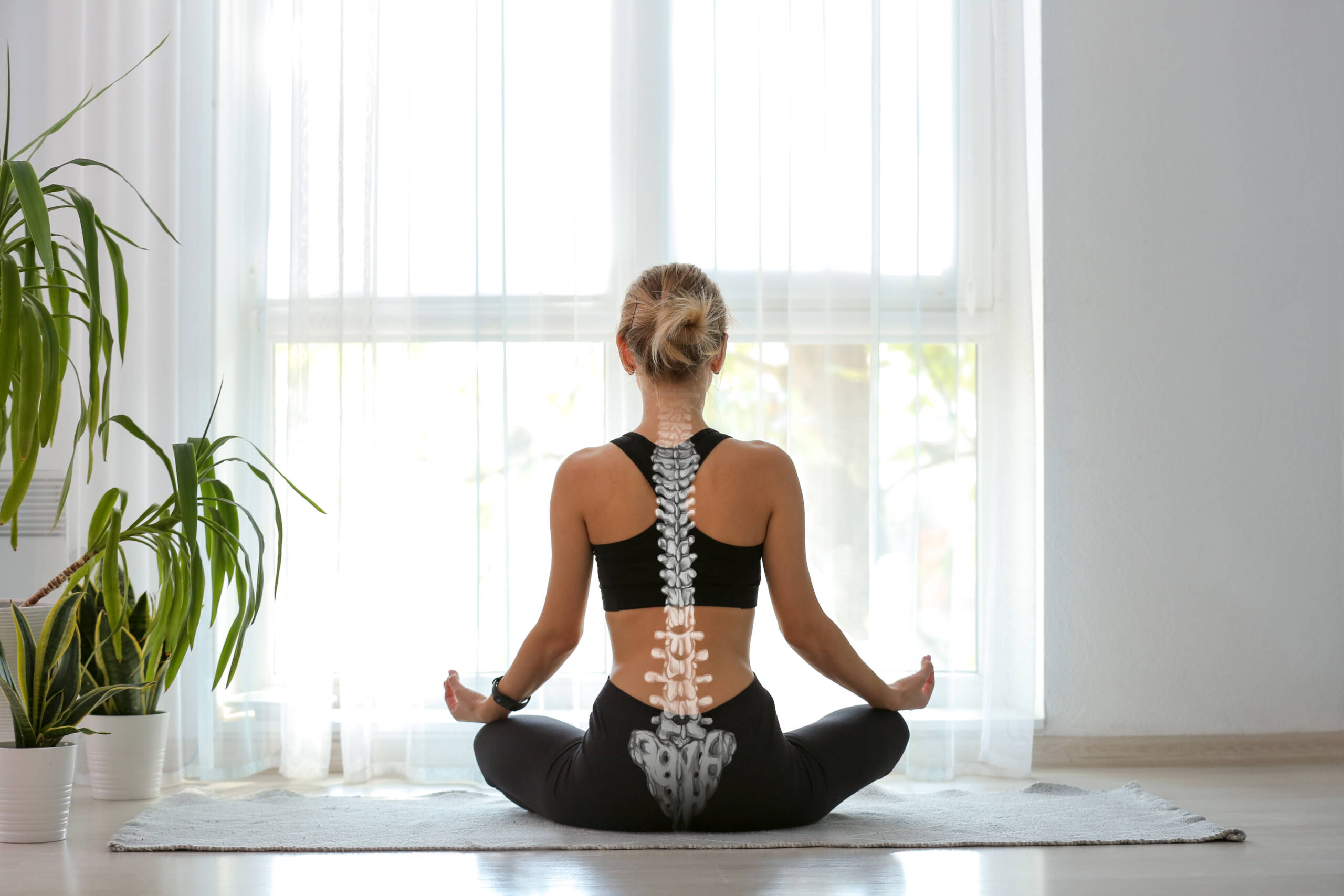Endometriosis is a long-lasting, chronic disease that causes the type of tissue that lines your uterus to also grow outside your uterus. The clumps of tissue may grow on the ovaries, fallopian tubes, the outer walls of the uterus and/or the intestines.
With each menstrual cycle, the implants go through the same growing, breaking down, and bleeding that the uterine lining (endometrium) goes through. This is why endometriosis pain may start as mild discomfort a few days before the menstrual period and then usually is gone by the time the period ends. But if an implant grows in a sensitive area, it can cause constant pain or pain during certain activities, such as sex, exercise or bowel movements.
Source: WebMD
Endometriosis Symptoms
- *pelvic pain
- *severe menstrual cramps
- *pain during sex
- *rectal pain
- *pain during bowel movements
- *infertility
- *bleeding after sex
Musculoskeletal Pain from Endometriosis
Endometriosis is the growth of the uterine lining tissue outside of the uterus. It can create scarring and cause a bloating sensation in and around the abdominal cavity as well as musculoskeletal symptoms. For those looking for alternative and holistic treatments, physical therapy can help you manage musculoskeletal symptoms.
The typical musculoskeletal symptoms we see from patients are:
- *Low back pain
- *Hip pain
- *Abdominal pain
- *Urinary frequency or urgency
- *Dysuria
- *Pain with intercourse
Why does Endometriosis Affect the Muscles?
Endometriosis can create an inflammatory condition. When the uterine tissue grows in your pelvic cavity, it can cause pulling type sensation into the low back as well as inflammation and irritation in and around the pelvic cavity. This affects the musculature that connects to the pelvis, specifically the muscles that connect to the low back, sacrum, ilium and the hip.
It can also affect the pelvic floor, a group of muscles that attach to the hip, pelvic floor, pubic bone and tail bone.
Any inflammatory process can affect the musculature. This happens because the nerves that go to the organs form cross talk with the muscles in that area. As a result, this heightening of inflammation and irritation around the organs can set up a state where the muscles become tight and guarded.
When the pelvic floor musculature becomes tight, it makes it difficult for anything to enter or exit the body. This is why you might be having discomfort with urination, pain with sex, or constipation.
Managing the Pain: Physical Therapy as a Conservative Treatment
At Rebalance, we specialize in orthopedics as well as pelvic floor physical therapy. From an orthopedic perspective, we address the external musculoskeletal issues. From a pelvic floor perspective, we work on the muscles internally to get them to calm down.
We also work on the fascia and the joints and give you the correct strengthening and stretching exercises.
Ultimately, we try to balance out any of the tightness and weakness you might be experiencing in this musculature. That can significantly reduce the musculoskeletal symptoms you are experiencing as a result of endometriosis.
Pelvic floor physical therapists can also help with Endo Belly, which is the bloating you might be feeling due to endometriosis. When you balance the musculature out and work on the fascia of the abdominals as well as the fascia in and around the organs (visceral PT), it actually improves the blood flow and the lymphatic flow which can help reduce endo belly and the bloating you might be feeling.
















